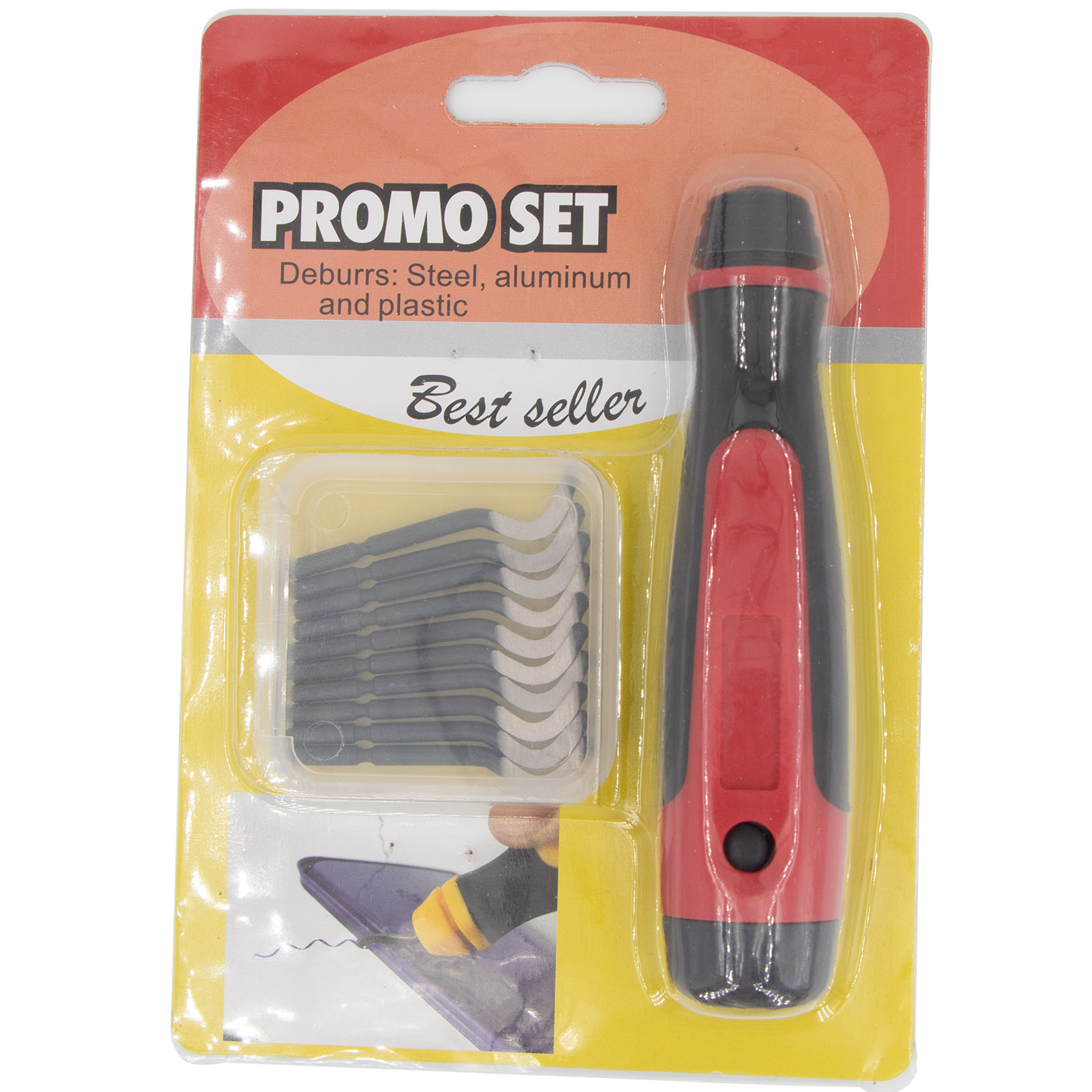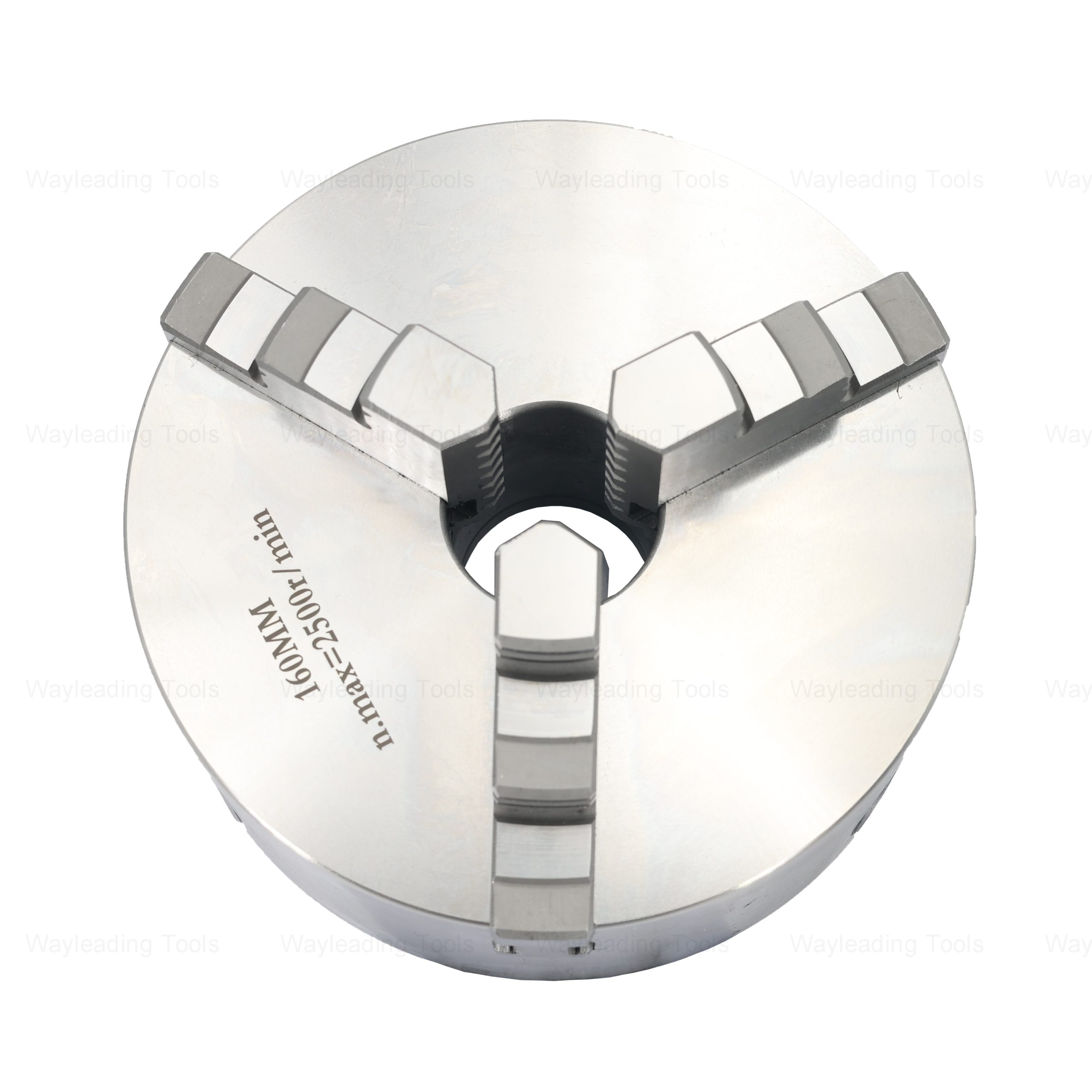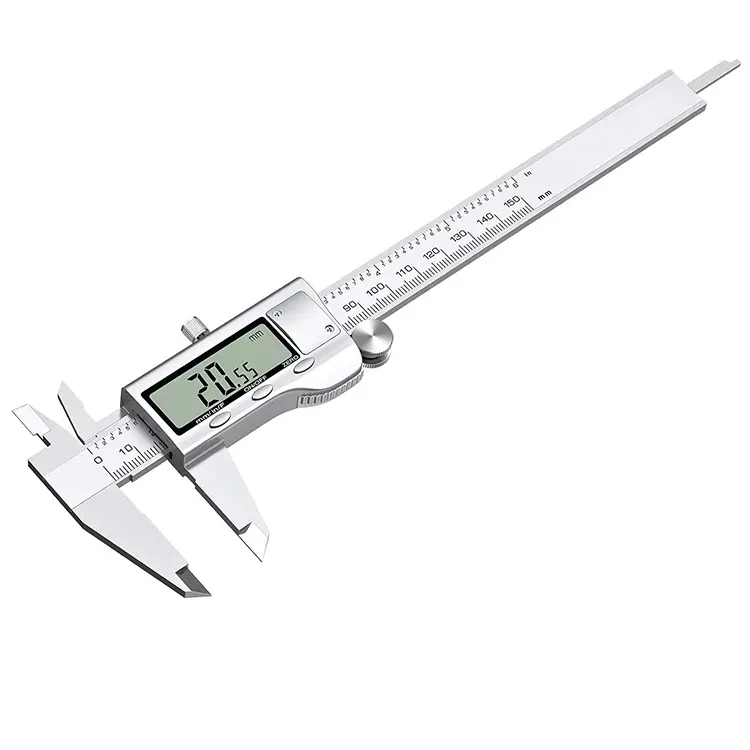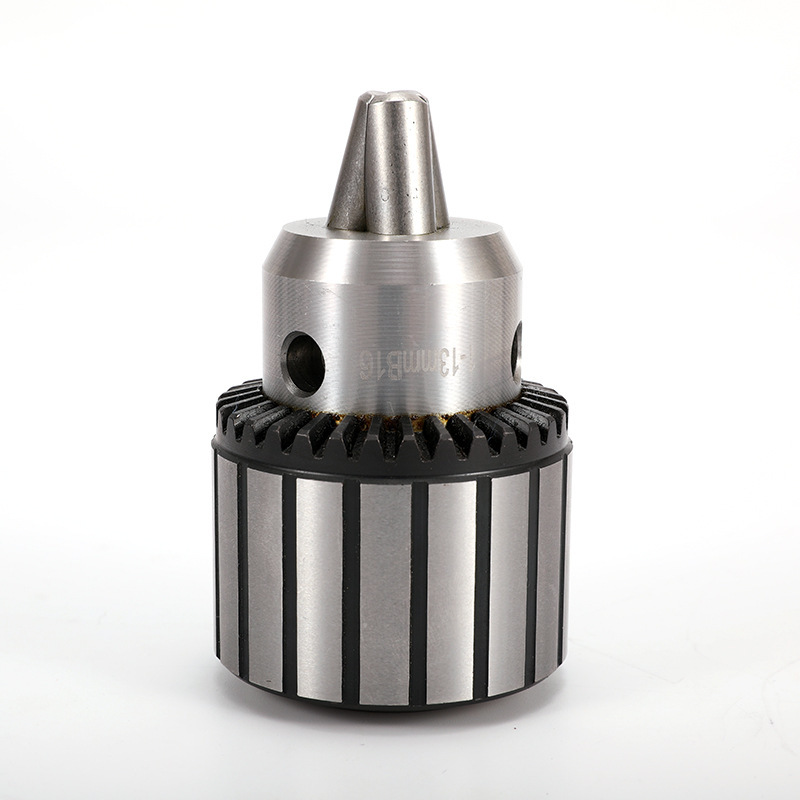ring gauge Manufacturer
Finding a reliable ring gauge manufacturer can be challenging. This guide explores the crucial aspects to consider when selecting a supplier, including material selection, manufacturing processes, accuracy standards, and customization options. It also highlights the importance of quality control and certifications, helping you make an informed decision.
Understanding Ring Gauges
Ring gauges are precision tools used to check the external dimensions of cylindrical parts. They are essential in manufacturing for ensuring that parts meet specified tolerances and fit properly within assemblies. Selecting the right ring gauge manufacturer is crucial for maintaining product quality and minimizing defects.
Types of Ring Gauges
Several types of ring gauges are available, each designed for specific applications:
- Plain Ring Gauges: Used to check the overall size of a cylindrical part.
- Thread Ring Gauges: Used to inspect the threads of screws, bolts, and other threaded components.
- Setting Ring Gauges: Used to calibrate and verify the accuracy of other measuring instruments, such as air gauges and electronic probes.
Key Considerations When Choosing a Ring Gauge Manufacturer
Selecting the right ring gauge manufacturer is a critical decision. Consider the following factors:
Material Selection
The material used to manufacture ring gauges significantly impacts their durability and accuracy. Common materials include:
- Tool Steel: Offers excellent wear resistance and is suitable for general-purpose applications.
- Carbide: Provides exceptional hardness and is ideal for inspecting abrasive materials or parts with tight tolerances.
- Chrome Plated Steel: Offers improved corrosion resistance and enhanced surface finish.
Ask your prospective ring gauge manufacturer about the specific grades of steel they use and their heat treatment processes.
Manufacturing Processes
The manufacturing process directly affects the accuracy and finish of ring gauges. Look for manufacturers that employ:
- Precision Machining: CNC machining ensures precise dimensions and tight tolerances.
- Lapping: A finishing process that improves surface finish and dimensional accuracy.
- Heat Treatment: Enhances the hardness and wear resistance of the gauge.
It's important to understand the manufacturer's capabilities in terms of machining and finishing. Some ring gauge manufacturer specialize in specific processes, like high-precision lapping for aerospace applications.
Accuracy Standards and Certifications
Ensure that the ring gauge manufacturer adheres to recognized accuracy standards, such as:
- ISO 9001: Demonstrates a commitment to quality management systems.
- ISO 17025: Accreditation for calibration laboratories, ensuring traceability and accuracy.
- ANSI/ASME B1.2: Standard for thread gauges, specifying dimensional requirements and tolerances.
Ask for calibration certificates for each ring gauge, verifying its accuracy and traceability to national or international standards.
Customization Options
Depending on your application, you may require customized ring gauges. A good ring gauge manufacturer should offer:
- Custom Sizes: Gauges manufactured to specific dimensions.
- Special Materials: Gauges made from materials other than standard tool steel or carbide.
- Markings and Engravings: Custom markings for identification and traceability.
Discuss your specific requirements with the manufacturer to ensure they can meet your needs.
Quality Control
A robust quality control system is essential for ensuring the accuracy and reliability of ring gauges. Look for manufacturers that employ:
- Incoming Material Inspection: Verifying the quality of raw materials.
- In-Process Inspection: Checking dimensions and tolerances during manufacturing.
- Final Inspection: Ensuring that the finished gauge meets all specifications.
Ask the manufacturer about their quality control procedures and the instruments they use for inspection. CMM (Coordinate Measuring Machine) is a typical instrument used by many ring gauge manufacturer.
Finding a Reputable Ring Gauge Manufacturer
Here are some resources to help you find a reliable ring gauge manufacturer:
- Online Directories: Platforms like ThomasNet and IndustryNet list manufacturers of various industrial products.
- Industry Associations: Organizations like the American Society for Quality (ASQ) may provide resources and directories.
- Trade Shows: Attending manufacturing trade shows can provide opportunities to meet potential suppliers in person.
When evaluating potential suppliers, request quotes from multiple ring gauge manufacturer, compare their capabilities and pricing, and ask for references.
Wayleading Tools: Your Partner for Precision Measurement
At Wayleading Tools, we understand the importance of accurate and reliable measurement tools. While we focus on other precision tools, understanding the needs of users searching for a ring gauge manufacturer is vital for comprehensive industrial knowledge. Our commitment to quality and customer satisfaction mirrors the values sought when choosing a ring gauge manufacturer. Contact us today to discuss your specific needs. We are a leading provider of high-quality precision measurement tools.
Cost Considerations
The cost of ring gauges can vary depending on several factors, including:
- Material: Carbide gauges are generally more expensive than tool steel gauges.
- Size and Complexity: Larger and more complex gauges tend to cost more.
- Customization: Custom gauges will typically be more expensive than standard gauges.
- Quantity: Ordering in larger quantities may result in lower per-unit costs.
Obtain quotes from multiple ring gauge manufacturer to compare pricing and ensure you are getting a fair price. Also, consider the long-term cost of ownership, including calibration and maintenance.
Maintenance and Calibration
Proper maintenance and regular calibration are essential for ensuring the accuracy and longevity of ring gauges. Follow these guidelines:
- Storage: Store gauges in a clean, dry environment to prevent corrosion and damage.
- Cleaning: Clean gauges regularly with a soft cloth and a suitable cleaning solution.
- Calibration: Calibrate gauges periodically to verify their accuracy. The frequency of calibration will depend on the application and usage.
Choose a ring gauge manufacturer that can also provide calibration services or recommend reputable calibration laboratories.
Example Table for Tolerance Grade
| Tolerance Grade | Typical Application | Example Tolerance (for a 20mm gauge) |
|---|---|---|
| XX | High-precision applications, master gauges | ±0.00025 mm |
| X | Precision manufacturing, inspection gauges | ±0.0005 mm |
| Y | General manufacturing, working gauges | ±0.001 mm |
| Z | Less critical applications | ±0.002 mm |
Note: These values are illustrative and vary based on the specific standard and gauge size. Always refer to the relevant standard for precise specifications.
Related products
Related products
Best selling products
Best selling products-
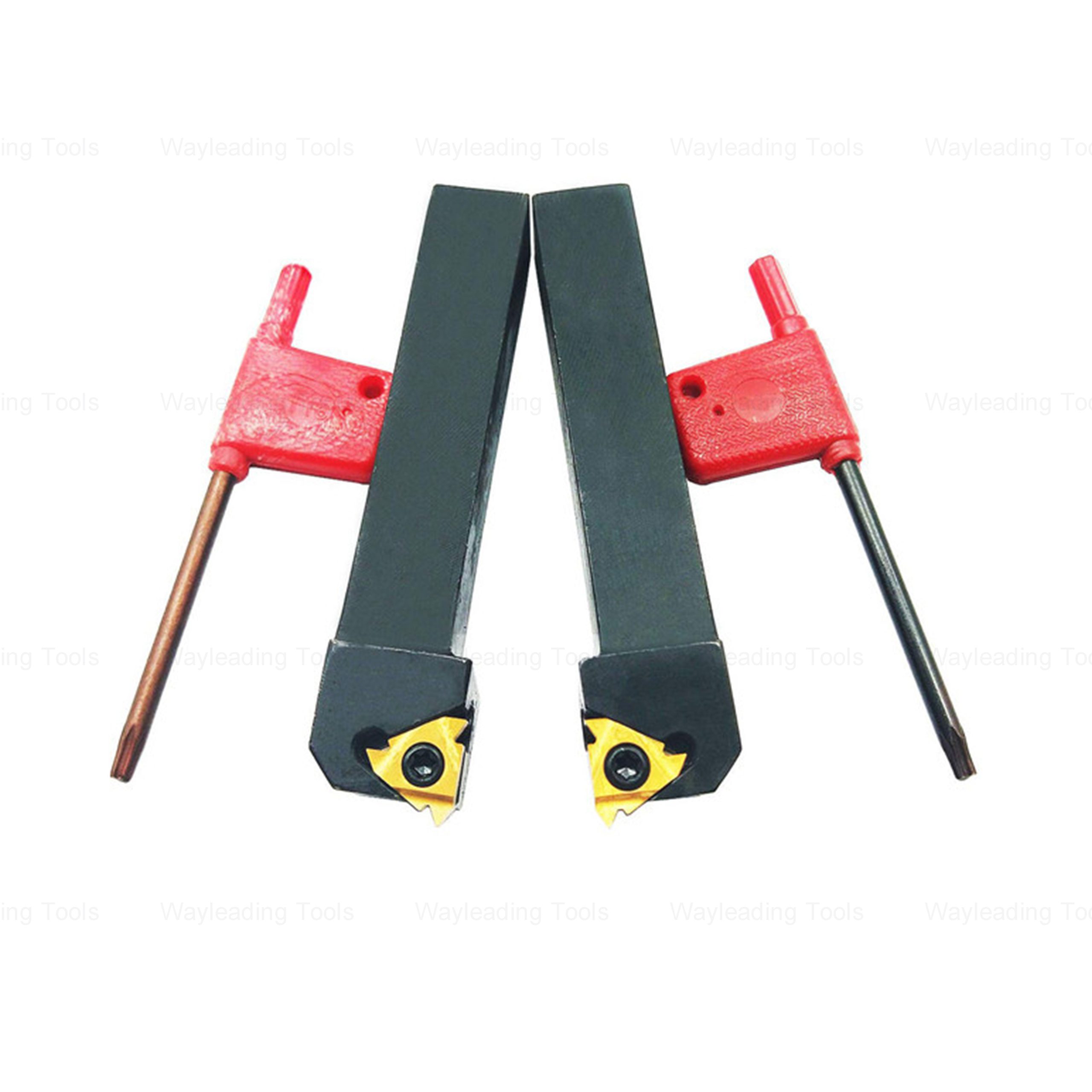 Indexable External Threading Tool Holder – SER / SEL, Metric & Inch
Indexable External Threading Tool Holder – SER / SEL, Metric & Inch -
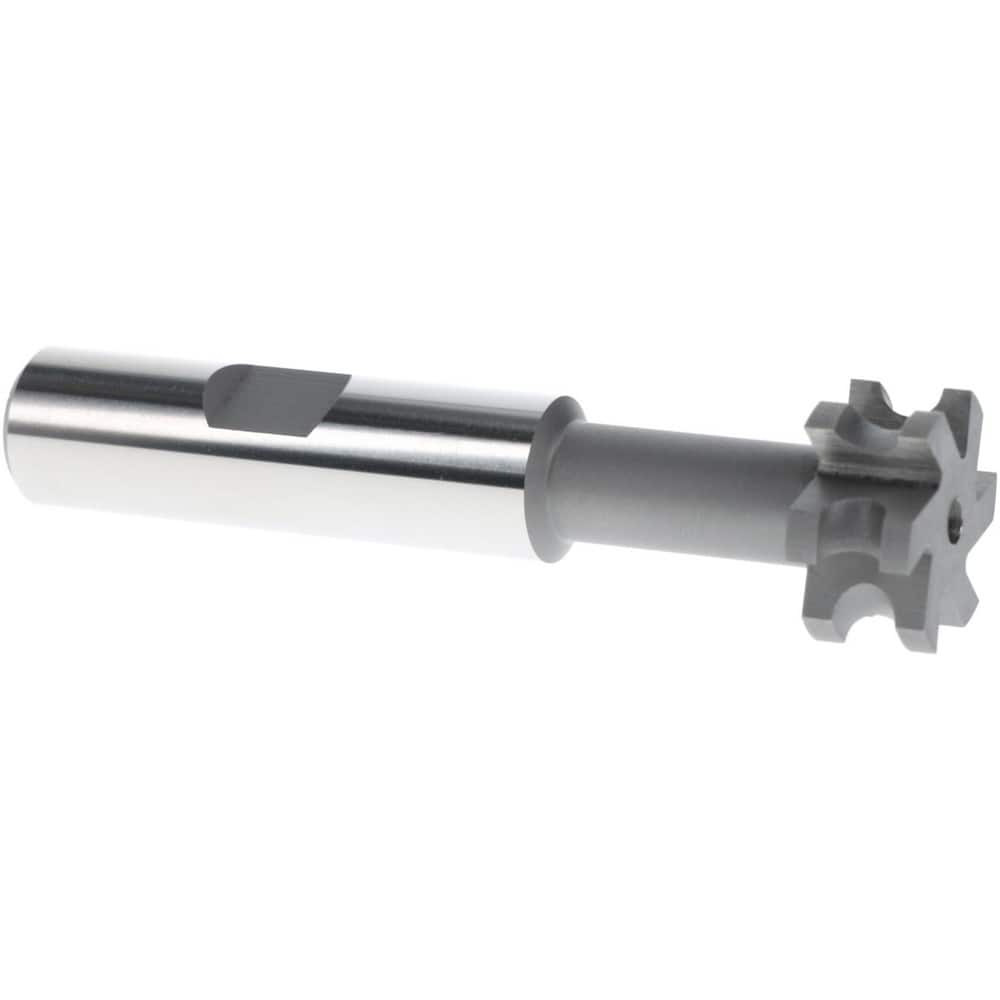 HSS Inch Concave Milling Cutter For Industrial
HSS Inch Concave Milling Cutter For Industrial -
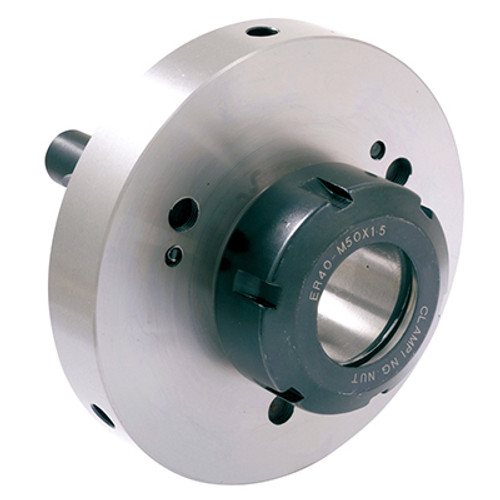 Camlock ER Collet Fixture With Lathe Collet Chuck
Camlock ER Collet Fixture With Lathe Collet Chuck -
 Precision Magnetic Base With Fine Adjustment For Dial Indicator
Precision Magnetic Base With Fine Adjustment For Dial Indicator -
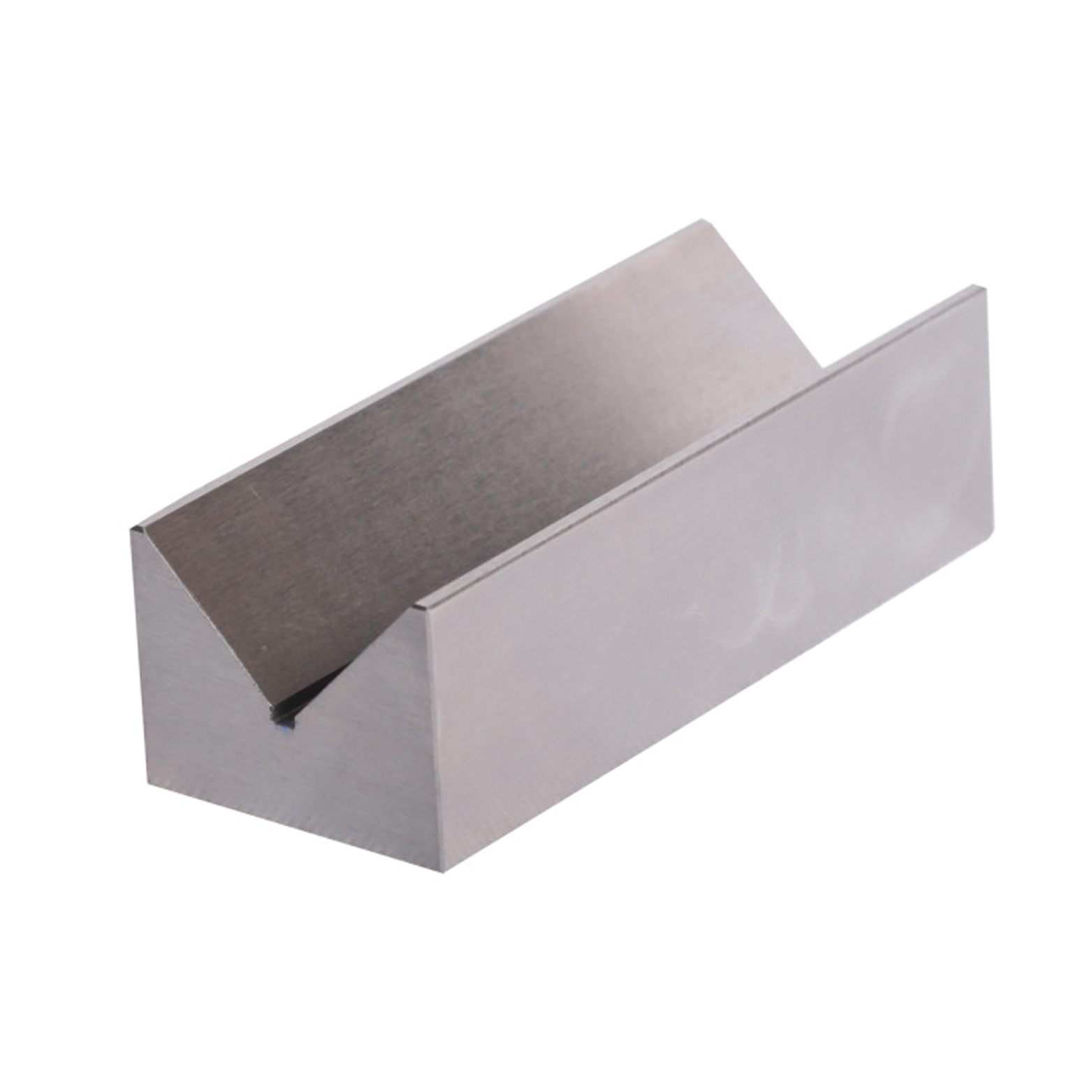 Precision V Block Set With Industrial Type
Precision V Block Set With Industrial Type -
 SCFC Indexable Boring Bar
SCFC Indexable Boring Bar -
 Metric HSS 13mm Reduce Shank Drill Bit For Metal Cutting Of High Precision
Metric HSS 13mm Reduce Shank Drill Bit For Metal Cutting Of High Precision -
 HSS Metric Plain Metal Slitting Saws For Industrial
HSS Metric Plain Metal Slitting Saws For Industrial -
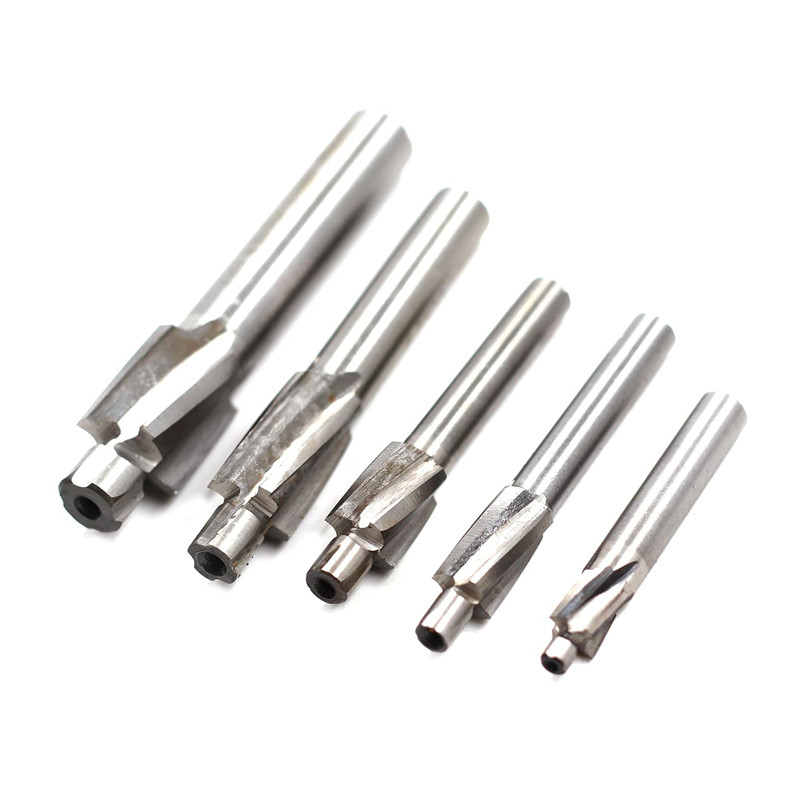 3 Flutes HSS Counterbore Drill Bit With Metric And Inch Size
3 Flutes HSS Counterbore Drill Bit With Metric And Inch Size -
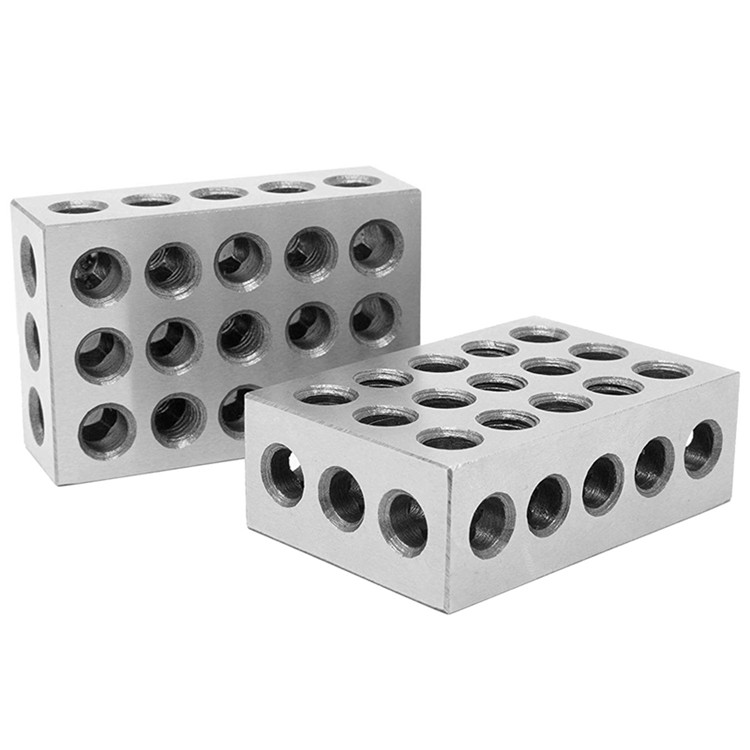 Precision 1-2-3, 2-3-4 or 2-4-6 Block With 1 And 11 And 23 Or None Hole
Precision 1-2-3, 2-3-4 or 2-4-6 Block With 1 And 11 And 23 Or None Hole -
 Precision 10pcs & 12pcs Angle Blocks Set With High Quality Type
Precision 10pcs & 12pcs Angle Blocks Set With High Quality Type -
 Precision 7pcs Angle Blocks Set With High Quality Type
Precision 7pcs Angle Blocks Set With High Quality Type



